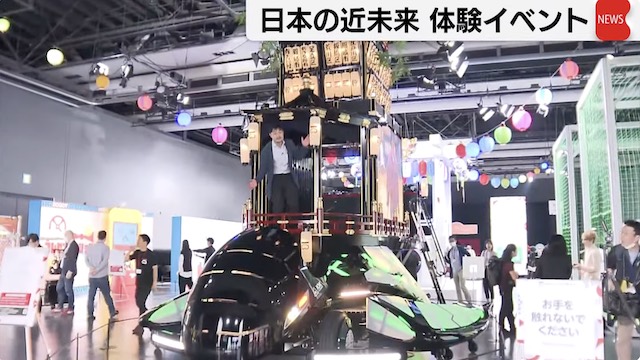Jan 09 (Nikkei) - Japan's public transport providers are considering limiting operations to reduce mobility under the country's new coronavirus state of emergency, which is largely voluntary with no effective punishments for those who do not comply with curfews.
The municipal governments of Tokyo and three neighboring prefectures of Kanagawa, Chiba and Saitama requested train operators on Thursday to bring forward the hours of their last trains under the state of emergency, which is expected to last until Feb. 7. By Friday, the national government had made the same request to the operators.
Major train and subway operators, including Tokyo Metro, East Japan Railway Company and Seibu Railway, are yet to finalize the details but are preparing to comply with the request. "We are coordinating with other subway lines that have shared operations," said a representative at Tokyo Metropolitan Government's transportation bureau, which also operates subways and other means of public transport.
From Friday, the state of emergency calls for the public to refrain from going out after 8 pm to curb the spread of COVID-19 infections. A lack of available transportation could create a real incentive for people to stay home, in a city where many rely on public transport rather than their own cars.
Buses are also reducing their operations. Seibu Bus on Friday announced that it would stop all night buses from Jan. 18. From Friday, it also stopped buses travelling from Tokyo to other prefectures of Toyama or Niigata. "Demand is expected to drop after the emergency declaration," said a spokesperson for Seibu Holdings. Tokyo's transportation bureau is also considering stopping some night buses after 11pm.
Meanwhile, taxis would still be available, albeit as a more expensive option. "Taxis would be available 24 hours, and there would be no changes at the moment," said a spokesperson at taxi operator Teito Motor Transportation. A spokesperson for Daiwa Motor Transportation said, "if trains end early, taxis will cater to demand" for travelling at night.










